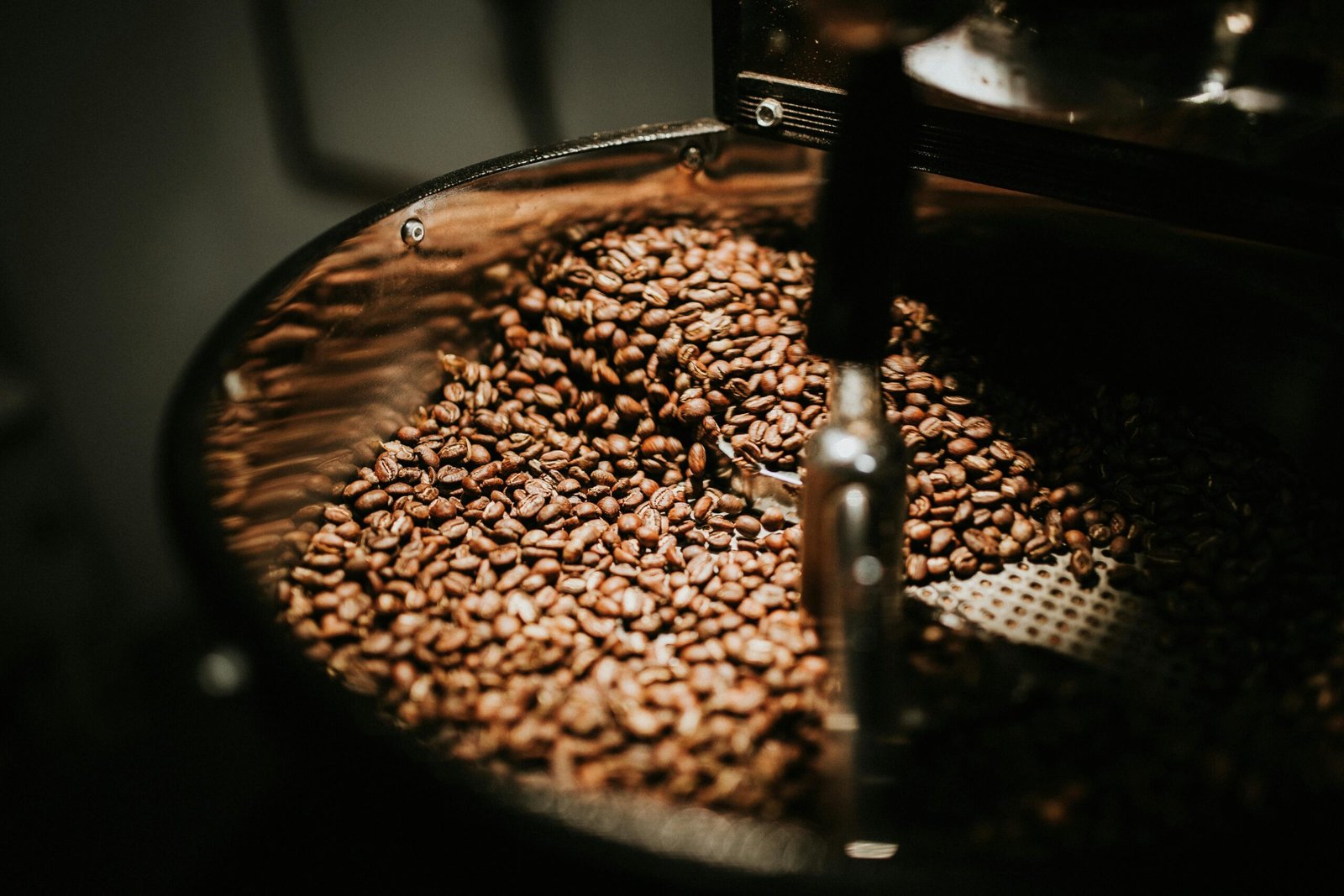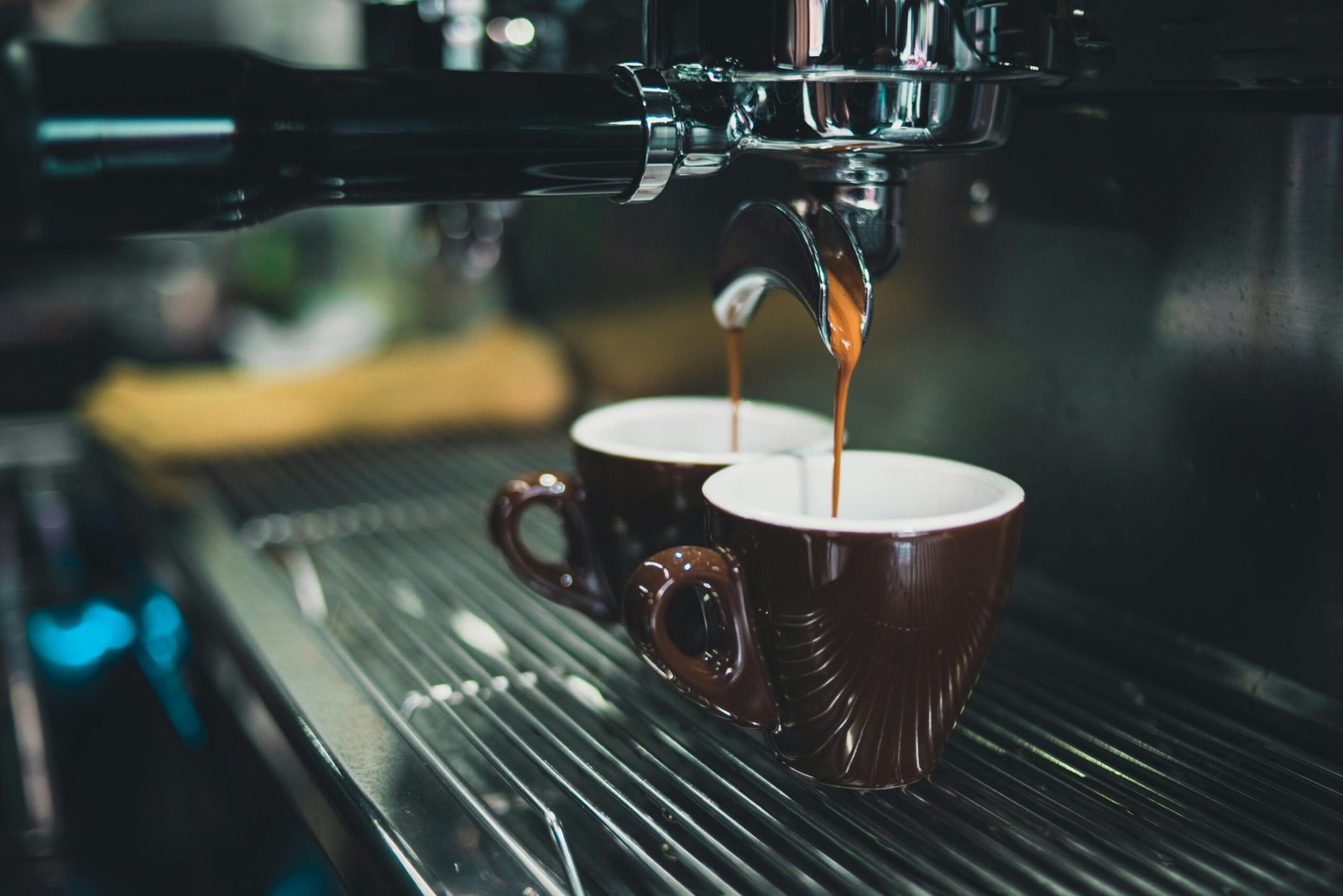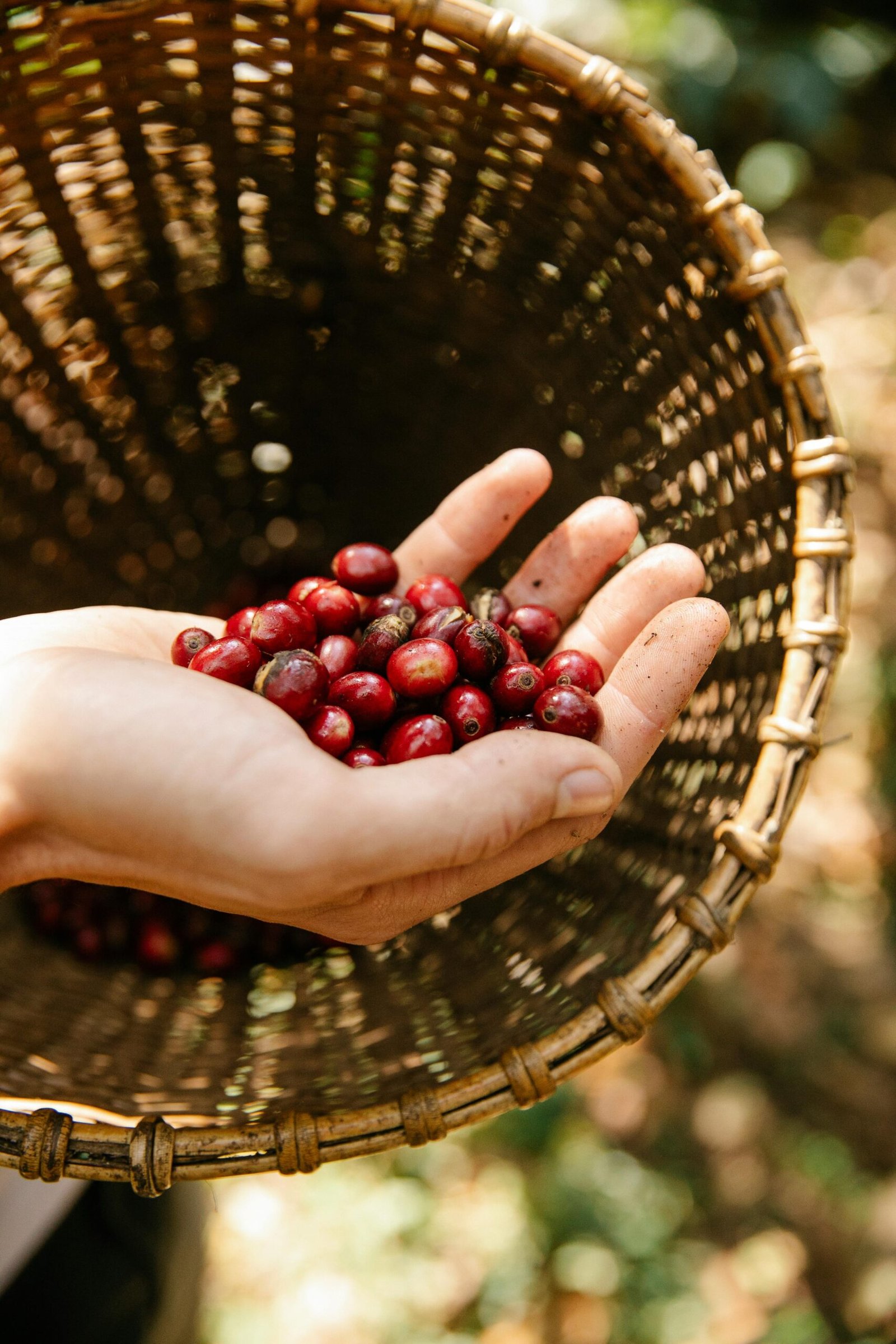
Coffee, a beverage that has been a daily companion to millions for centuries, is now at the center of a technological transformation that impacts the entire production chain.
Blockchain, often associated with cryptocurrencies, is proving to be a crucial tool for ensuring transparency, traceability, and sustainability in coffee production—a sector characterized by a complexity that encompasses growers, exporters, roasters, and consumers.
Blockchain is essentially an immutable and shared digital ledger that enables tracking every stage of a process. Applied to coffee, it allows the journey of the bean to be followed from plant to cup, recording essential information such as geographic origin, cultivation techniques, processing methods, and transportation conditions. This approach not only provides greater transparency for the end consumer but also adds value to small-scale farmers, often disadvantaged by an opaque supply chain dominated by large intermediaries.
Thanks to blockchain, producers can demonstrate the authenticity and quality of their coffee, highlighting sustainable agricultural practices and rare varieties that might otherwise go unnoticed. This tool also provides protection against fraud, a recurring issue in the coffee market, where blending beans from different origins is a widespread practice.


Another fundamental aspect is quality control. By integrating blockchain into modern coffee processing machinery, such as smart roasters and automated analysis systems, every detail of the production process can be recorded. Parameters like temperature, roasting time, and humidity can be monitored and shared in real-time, ensuring consistent quality and an enhanced consumer experience.
Digital traceability also finds application at points of sale, where packaged coffee or beverages served at cafés can be accompanied by a QR code. Scanning the code allows customers to access all the information about the product’s supply chain, uncovering not only the story behind their coffee but also the producers’ commitment to sustainability and local communities. This direct connection between producer and consumer builds a relationship of trust that goes beyond a simple purchase, transforming into a form of awareness and active participation.

Blockchain, however, is not just a marketing tool. It is changing how producers interact with the market, offering opportunities to negotiate fairer prices and access financing based on verifiable data. In this context, the technology acts as a strategic ally, making the coffee supply chain more equitable and inclusive, with benefits extending to all stakeholders.
This digital revolution also addresses growing consumer concerns about the environmental and social impact of coffee. The adoption of blockchain is often accompanied by sustainability policies, such as reducing waste and optimizing logistics. Moreover, many producers are investing in regenerative farming systems to improve soil fertility and combat the effects of climate change, documenting and sharing these advancements through technology.
In an era where transparency has become an indispensable value, coffee demonstrates how innovation and tradition can coexist harmoniously. Thanks to blockchain, every cup of coffee can tell an authentic story of places, people, and conscious choices. A story that goes beyond taste, encouraging reflection on the importance of more responsible and informed consumption.
